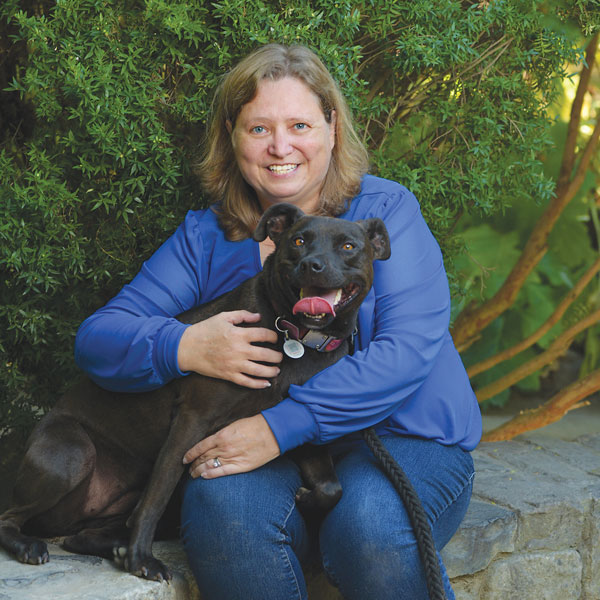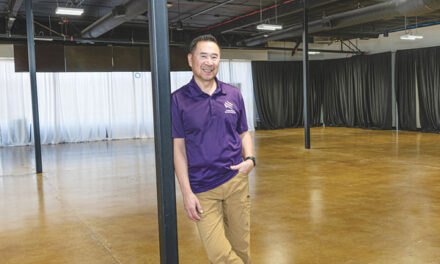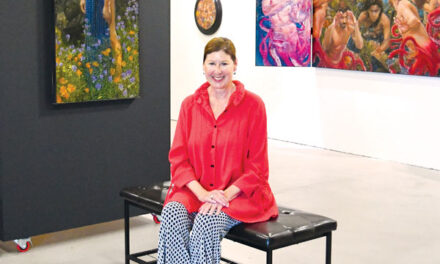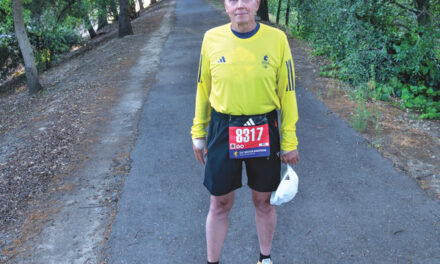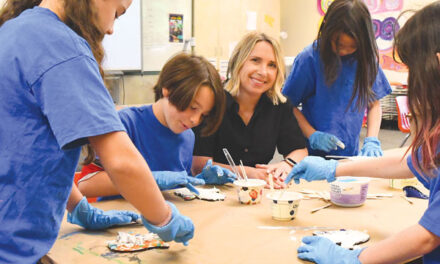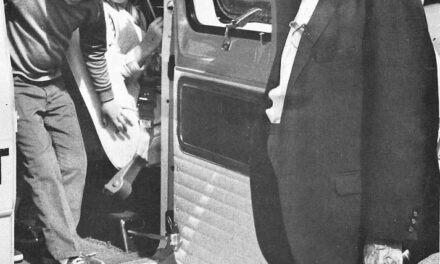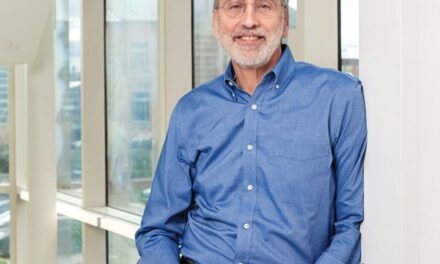Stopping the Stigma
East Sac resident shares message of hope for mental illness
By Jessica Laskey
August 2020
A therapist once told Kim Frisella that if you stay in bed, you know what the results will be. But if you get up, you at least allow for the opportunity of change.
Kim Frisella has had days when just making it from the bed to the couch is a major accomplishment. But she’s not hiding anymore. She’s telling her story to help others see that recovery is possible as a speaker for the Stop Stigma Sacramento Speakers Bureau, which is part of the “Mental Illness: It’s not always what you think” project, overseen by the Sacramento County Division of Behavioral Health Services. The project is designed to promote mental health, and reduce stigma and discrimination, as part of Sacramento County’s Mental Health Services Act.
Elmhurst resident Kim Frisella was first hospitalized in 2012. At the time, she was working in a collections call center for the state, she had a loving husband and two kids, ages 5 and 6. Everything seemed fine. But she’d also been experiencing symptoms of severe depression and PTSD—flashbacks of childhood trauma that made her numb, which led to self-harm to make herself feel … something.
Like most people, Frisella was frightened when she first went into the hospital. She wondered what people were going to think of her—what she was going to think of herself. But once she took a look around, she realized she was surrounded by people just like her—people who were hurting, struggling, confused. People who needed help.
“When I got out of the hospital, I didn’t hide it,” Frisella says. “I said, ‘This is me. This is a part of me.’ By doing that, I found support, empathy and authenticity in myself.”
Kim Frisella eventually went on medical disability from her job, which left her time to get back to her first love—working outdoors with animals. (She studied parks and recreation in college.) She says that volunteering with the Wildlife Care Association has been “a lifesaver,” as has connecting with those who are also in recovery.
When a friend told her about the organization’s Speakers Bureau—which sends speakers into the community to share personal stories about living with mental illness, promote positive attitudes, and share messages of wellness, hope and recovery—Frisella says she felt compelled to join.
“So many people are stigmatized and don’t have support, so I felt like I had to speak up and let people know that the psychiatric hospital is a resource in the community, not a scary place,” she says. “I wanted to step out and tell people that it’s okay to go there. I would never have known had I not gone through it.”
Frisella says that the network she’s created through the Speakers Bureau has been particularly important during this unprecedented time of isolation. Because isolation is often a trigger for those with depression, Frisella says it’s all the more important to reach out—to a friend, family member, coworker or one of the many resources listed on the project’s website.
“Making that first call or text is a really important first step,” Frisella says. “Reach out to somebody and just say ‘I’m having a hard time.’ If somebody you know is struggling, know that you don’t have to fix them or solve anything—just be willing to sit with them. It’s surprising how much being able to open up helps.
“I’ve found nothing but support since I stopped worrying about being seen as weak and sharing my story. Getting help is worth it.”
For more information, visit stopstigmasacramento.org.
Jessica Laskey can be reached at jessrlaskey@gmail.com. Follow us on Facebook, Twitter and Instagram: @insidesacramento.



